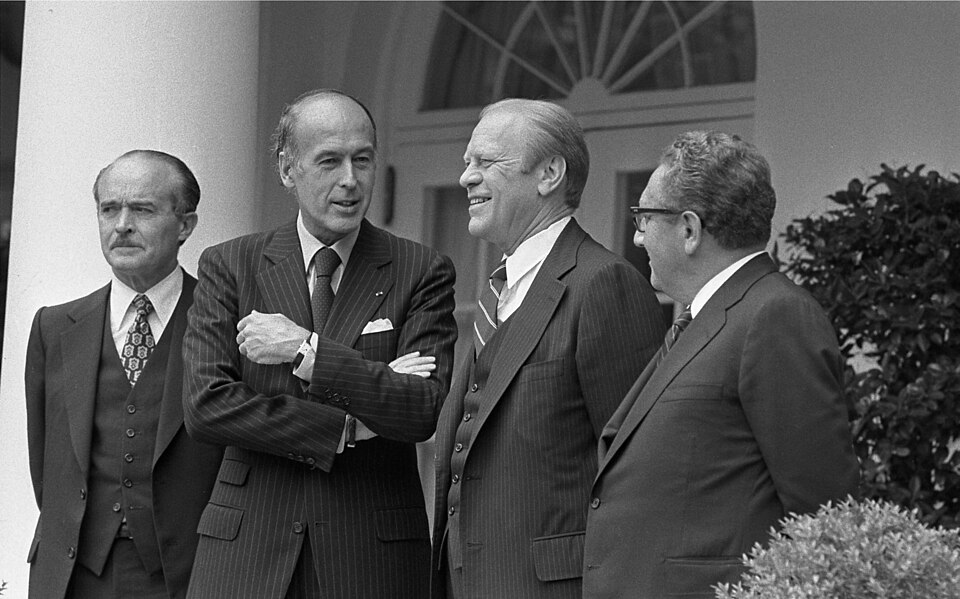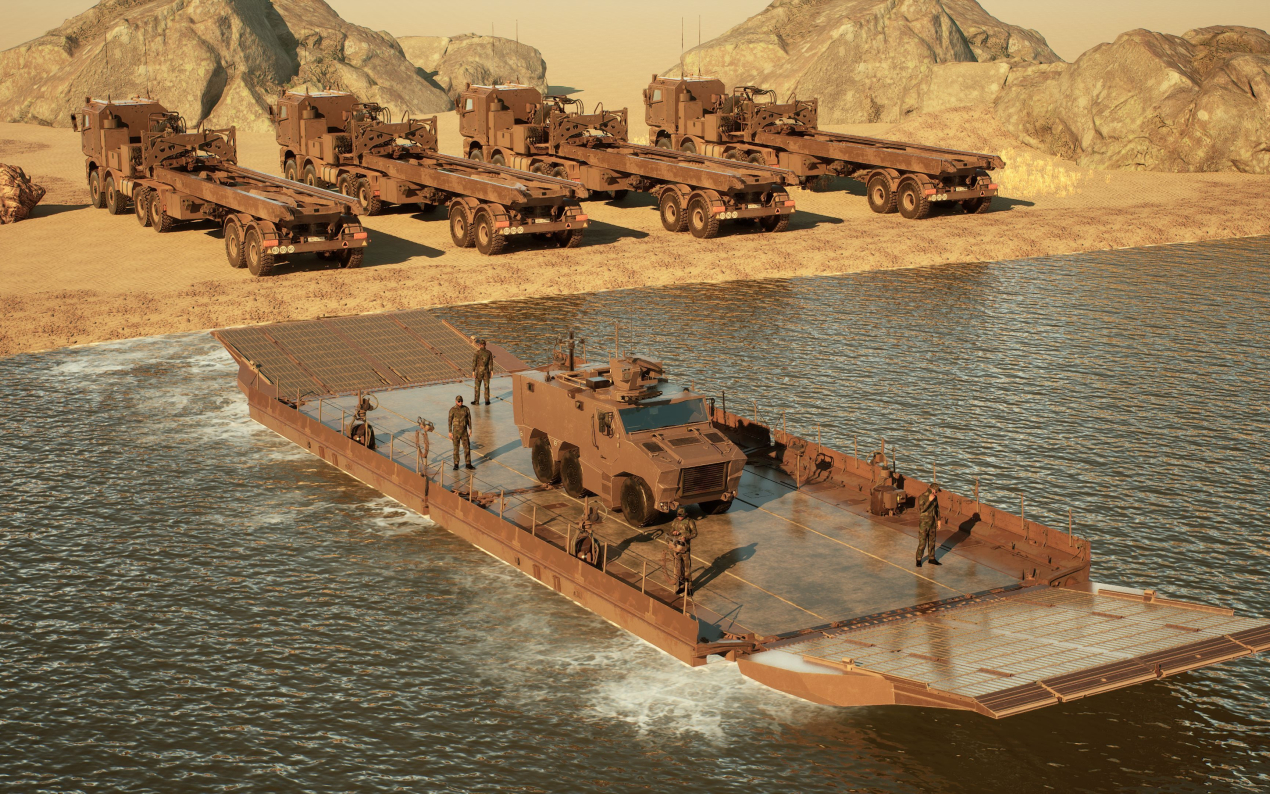Depuis la fin de la guerre froide, les droites et les gauches européennes ont été amenées à rompre avec leurs substrats idéologiques traditionnels en matière de défense. C’est particulièrement vrai en France où les questions militaires sous la Ve République étaient placées sous le double signe de la singularité vis-à-vis de l’extérieur et du consensus au plan intérieur. Aujourd’hui, quoique moribond, le consensus sur la défense française masque la portée de certains abandons de principe et une contradiction croissante à concilier aspiration à une défense européenne, intégration pragmatique dans l’Otan et souci d’indépendance.
En 2007, quels que soient les partis au pouvoir, la défense française n’échappera donc pas à un recadrage. Ce recadrage des choix futurs aura inéluctablement des effets directs et manifestes sur la souveraineté, la crédibilité et le contrôle de notre politique militaire.
Public opinion on defence–between the ideal and the unthinkable
Since the end of the Cold War European political parties of the left and the right have been forced to abandon their traditional ideological thinking on defence. This is particularly true in France, where defence policies under the Fifth Republic have been represented on the one hand as a unique and very personal standpoint with regard to the rest of the world, but have, on the other hand, been fully accepted by the population. Today, whilst moribund, public consensus on French defence matters conceals the abandonment of certain principles and the increasing contradiction of trying to reconcile the hopes of achieving a European defence system and a pragmatic integration within NATO with a concern for independence. Whichever party comes to power in 2007, French defence policy will have to undergo a change. This refocusing will inevitably have direct and obvious effects on French sovereignty, and on the credibility and control of military policy.
Les Européens, au cours du siècle dernier, n’ont cessé de mener des guerres que rien n’annonçait ou qui n’auraient jamais dû avoir lieu. Comme le constatait Raymond Aron : « Les guerres sont par essence imprévisibles ; mais les guerres du XXe siècle l’ont été bien plus encore que celles du passé » (1). En se postant dans un présent supposé sans grands enjeux, les Européens tentent désormais d’échapper à cette fatalité. Pour y parvenir, ils ont d’abord entrepris de démonter politiquement et idéologiquement la guerre.
À partir de 1990, les Européens ont réinventé « la guerre sans la guerre » avec une profonde adaptation de leur politique militaire. Les notions d’intervention et de projection extérieures au service du droit et de la paix ont largement supplanté les concepts de défense et de sécurité dans la doctrine. Conséquence paradoxale : la re-légitimation de l’action militaire dans un climat général de dépérissement de la culture stratégique européenne.
Les droites et les gauches européennes ont vu leurs repères idéologiques bouleversés par cette lecture peu réfléchie, mais réconfortante, de la situation qui place l’Europe dans un abri creux de la mondialisation et de l’histoire. À la fin de la guerre froide, sans toujours pleinement assumer ce divorce, elles ont été amenées, les unes et les autres, à rompre avec leurs substrats idéologiques traditionnels en matière de défense. C’est particulièrement vrai en France où les questions militaires sous la Ve République sont placées sous le double signe de la singularité vis-à-vis de l’extérieur et du consensus au plan intérieur (2). Aujourd’hui le consensus sur la défense nationale sert seulement à masquer à l’opinion la portée de certains abandons de principe et une indétermination de nos choix militaires futurs.
Droite, gauche et souveraineté
Gauche, droite et interventionnisme militaire
France, gauche, droite, défense, souveraineté, interventionnisme, François Mitterrand



_astronaut_Sophie_Adenot_(jsc2025e058846_alt).jpg)




